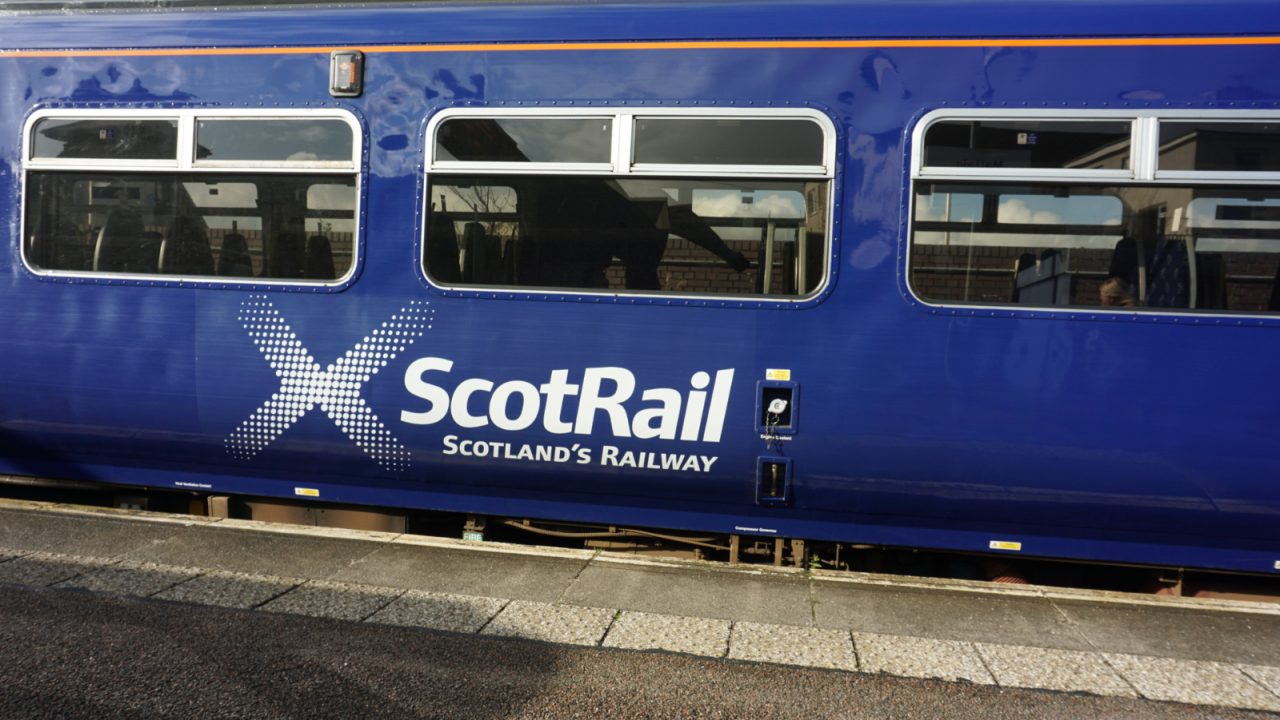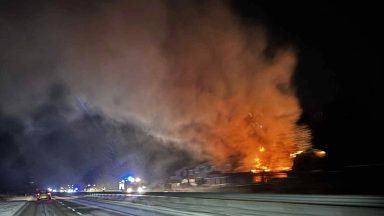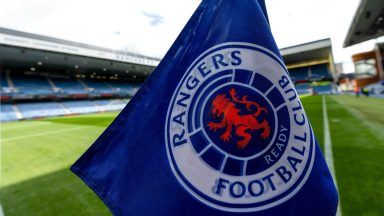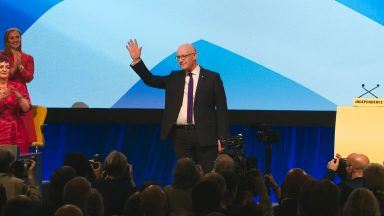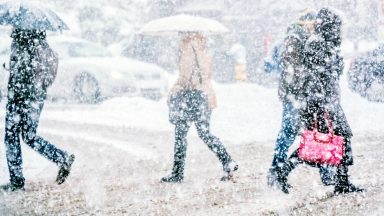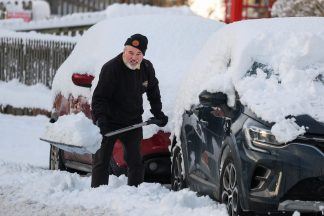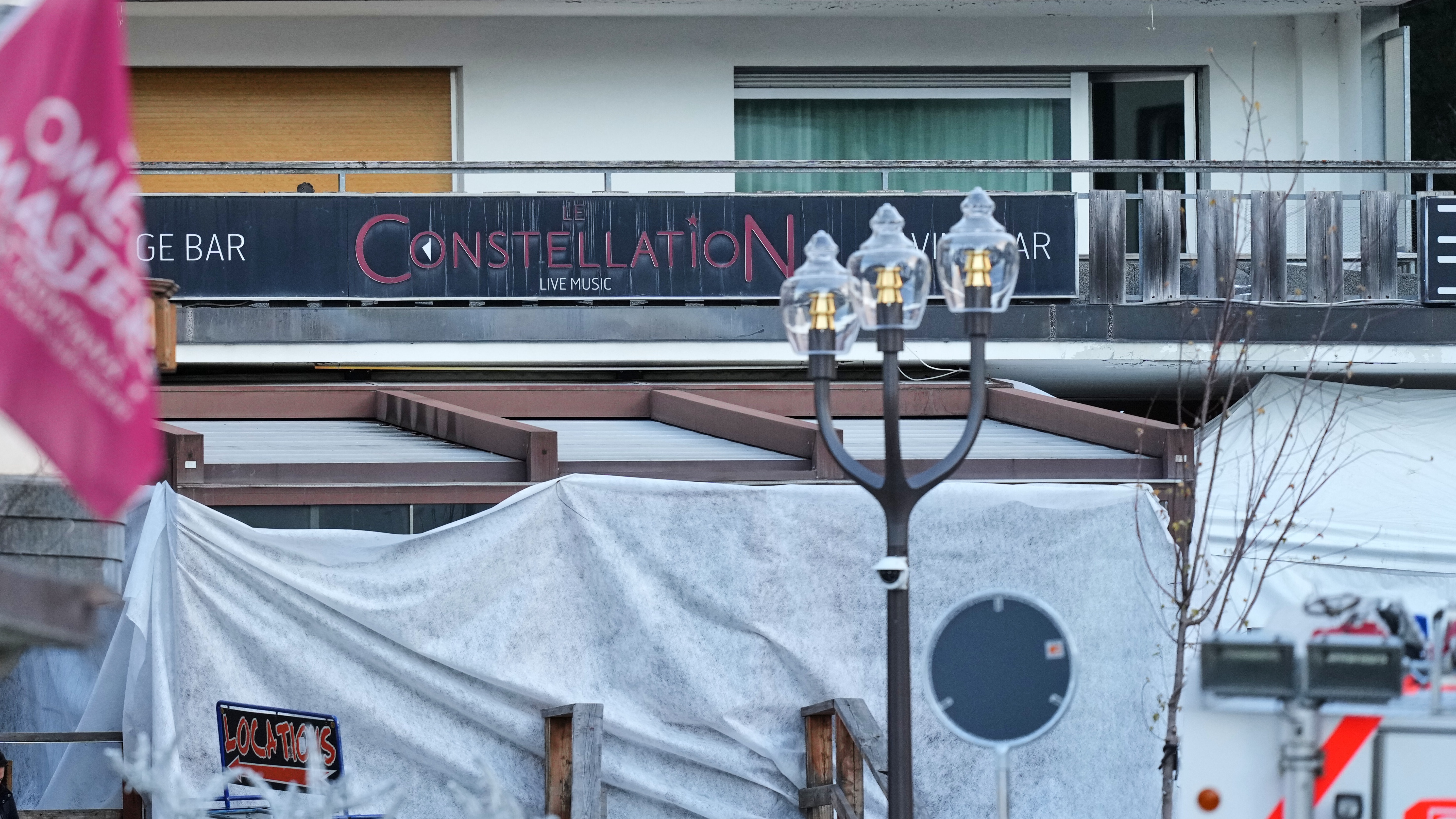Commuters travelling by train on Monday morning will be met with higher prices, as a six-month fare freeze comes to an end.
The 4.8% rise excludes season and flexi tickets – these will remain frozen at current prices in an effort to encourage regular usage of rail services.
The Government said in June that the rise was lower than those elsewhere in the UK where ticket prices have jumped by almost 6% in some areas.
ScotRail came into public ownership in April last year.
However, the increase has been called “bleak” by opposition politicians, with Scottish Lib Dem leader Alex Cole-Hamilton asking for a freeze instead.
“Now that ScotRail is in public hands we need long-term ticketing solutions to encourage people to rely on rail travel, backed by trains that run on time,” he said.
Cole-Hamilton added: “We want to see fares cut, new options for two/three-day-a-week season tickets and for the Government to work with councils to explore new lines, particularly in areas that suffer from inadequate public transport links.”
The rise is expected to place further pressure on members of the public already squeezed by high inflation during the cost-of-living crisis.
Scottish Conservative shadow transport minister Graham Simpson MSP called the fare increase a “bitter pill for hard-pressed commuters to swallow”.
Simpson added that the price hike was also “entirely at odds with the SNP-Greens’ stated mission to get people out of their cars and onto public transport instead”.
He continued: “Nicola Sturgeon promised us things would get better when she nationalised ScotRail last year – but the opposite has happened.
“Rail users have endured reduced services, cancellations, industrial action and now rising ticket prices.”
In June, when the rise was announced, transport secretary Mairi McAllan said while the Government had frozen fares as part of its response to the cost-of-living crisis, it was “simply no longer sustainable” to do so.
But she said the 4.8% rise was lower than the 5.9% increase in fares being brought in across the rest of the UK, and was also below inflation.
McAllan said: “This below-inflation increase means fares remain, on average, lower than across the rest of Great Britain.
“We know that any increase is unwelcome for passengers, therefore we have kept the rise as low as possible to maintain the attractiveness and affordability of rail as a travel option.
“We aim to continue this approach with the peaks fares removal pilot from October this year.”
Earlier this year, First Minister Humza Yousaf said he wanted to make Scotland’s public transport system “more accessible, available and affordable”.
As a result, he announced a pilot programme scrapping peak time rail fares, which launches in October 2023.
A spokesperson for Transport Scotland said: “For over a decade the Scottish Government has kept fares increases down by ensuring they are in line with RPI, or even lower in the case of off-peak fares.
“This increase is less than inflation and means fares remain, on average, lower than across the rest of Great Britain where the most recent increase was almost 6%.
“Fares have now been frozen for almost 18 months however that is no longer sustainable. We know that any increase is unwelcome for passengers, therefore we have kept the rise as low as possible to maintain the attractiveness and affordability of rail as a travel option.
“Work continues to deliver a ScotRail peak fares removal pilot from October this year, alongside wider work on our Fair Fares review.”
Follow STV News on WhatsApp
Scan the QR code on your mobile device for all the latest news from around the country


